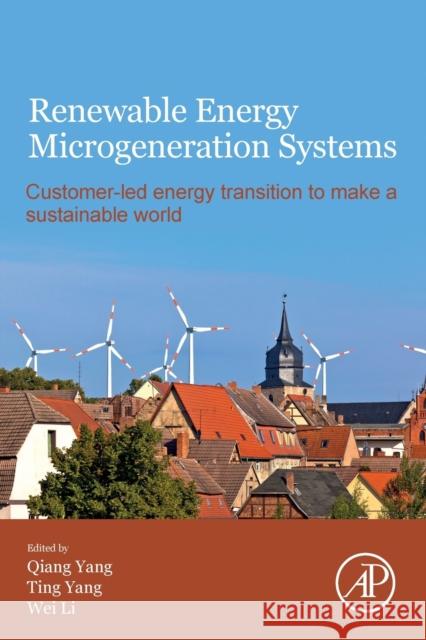Renewable Energy Microgeneration Systems: Customer-Led Energy Transition to Make a Sustainable World » książka
topmenu
Renewable Energy Microgeneration Systems: Customer-Led Energy Transition to Make a Sustainable World
ISBN-13: 9780128217269 / Angielski / Miękka / 2020 / 348 str.
Renewable Energy Microgeneration Systems: Customer-Led Energy Transition to Make a Sustainable World
ISBN-13: 9780128217269 / Angielski / Miękka / 2020 / 348 str.
cena 625,37
(netto: 595,59 VAT: 5%)
Najniższa cena z 30 dni: 624,09
(netto: 595,59 VAT: 5%)
Najniższa cena z 30 dni: 624,09
Termin realizacji zamówienia:
ok. 16-18 dni roboczych.
ok. 16-18 dni roboczych.
Darmowa dostawa!
Kategorie:
Kategorie BISAC:
Wydawca:
Academic Press
Język:
Angielski
ISBN-13:
9780128217269
Rok wydania:
2020
Ilość stron:
348
Waga:
4.46 kg
Wymiary:
22.86 x 15.24 x 1.83
Oprawa:
Miękka
Wolumenów:
01
Dodatkowe informacje:
Bibliografia











